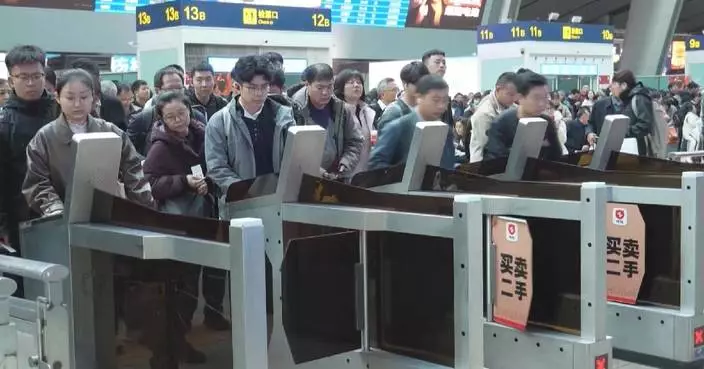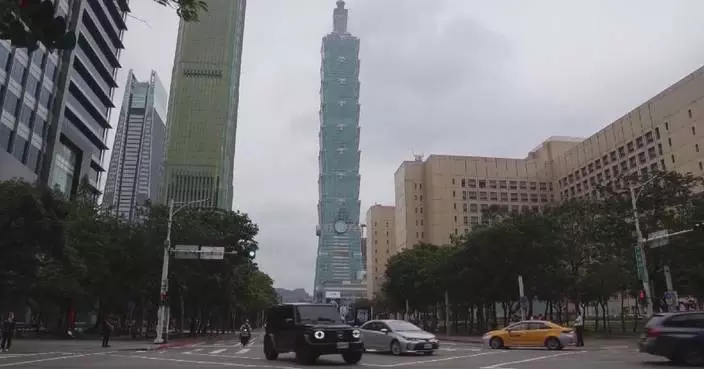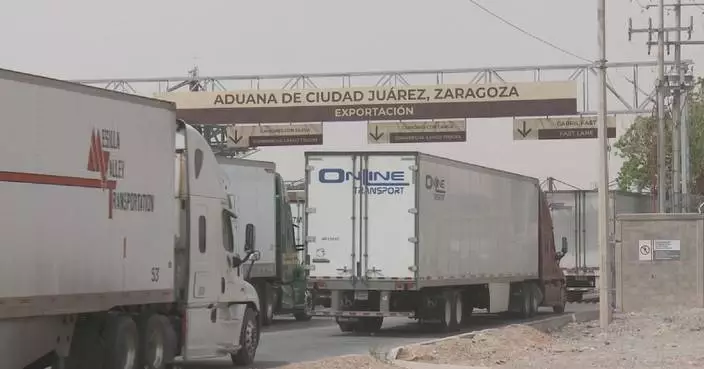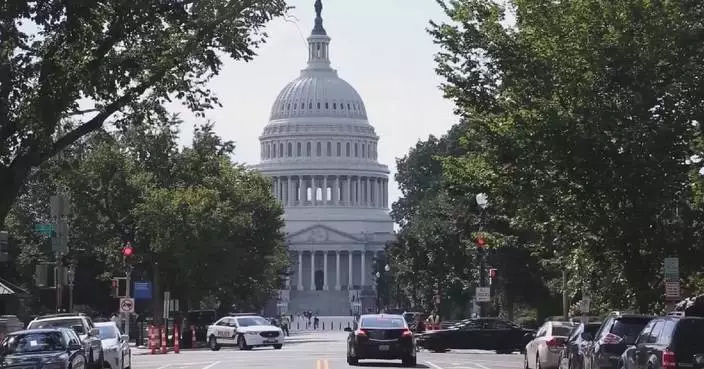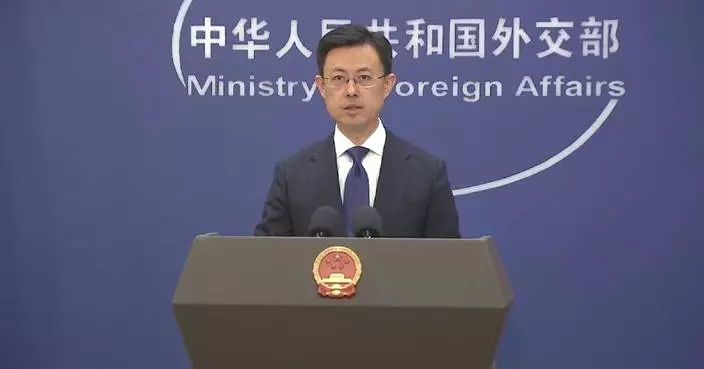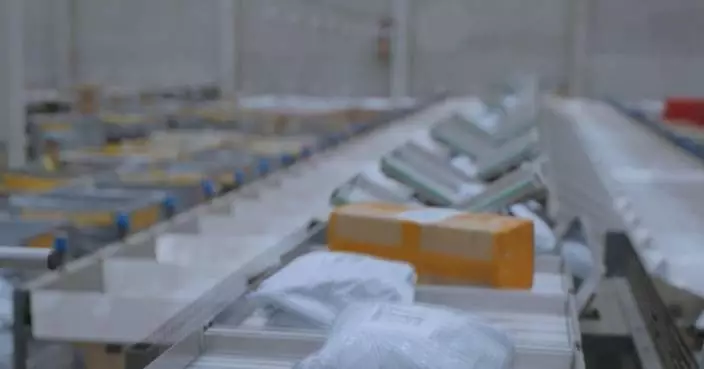Europe is witnessing a rise in extremist politics following a decline in moderate centrist representation in the European Parliament, said Finnish President Alexander Stubb during an interview with China Media Group (CMG) on Wednesday.
Stubb pointed out that disinformation is undermining centrist politics, allowing extremist right, left ideologies to gain traction.
"I don't necessarily agree with the thesis that there was a big move to a populist right. I think in Europe, there has been a move to extremes, both left and right. And there's sort of a lack of moderate center. And we're seeing it being gnawed from both sides. And a lot of that is about disinformation, in fact. So how do I see it? I think the first thing to understand is that Europe is imperfect. There's no such thing as a perfect society. So the European Union always advances on three phases; first, there's a crisis, secondly, there's chaos, and thirdly, there's some optimal solution. And what populists often do is they try to find simple solutions to complicated problems," he said.
"Just one gentle reminder, the European Union exists for four very simple reasons; peace, prosperity, security and stability. It's an imperfect union, which is more than an international organization but less than a state. And this is the mess that we are trying to solve in Europe. It's never pretty, but it seems to be working quite well," he said.
Stubb arrived in Beijing on Monday for a four-day state visit to China at the invitation of Chinese President Xi Jinping.

Europe increasingly polarized amid growing influence of extreme ideologies: Finnish President

Europe increasingly polarized amid growing influence of extreme ideologies: Finnish President

Europe increasingly polarized amid growing influence of extreme ideologies: Finnish President
Wine companies in Italy are anxious as U.S. President Donald Trump signed an executive order on the so-called "reciprocal tariffs," imposing a 20-percent tariff on the European Union.
Giulia D'Alema, head of a family-owned wine business in Italy's Umbria region, is facing significant uncertainty for the upcoming wine sales season following the announcement of tariffs on EU products, including wine.
Her family's 7.5-hectare vineyard has completed its major annual tasks — trimming, tying, and weeding — to ensure healthy grape growth and a fruitful harvest.
However, despite these preparations, D'Alema is troubled by the looming threat of new tariffs on Italian wines exported to the United States.
The United States is a key market for Italian wines, with exports valued at approximately 2 billion euros in 2024 alone.
Yet, the announcement by U.S. President Donald Trump has put this vital export market at risk.
"If tariffs are imposed, U.S. importers won't be able to import my wine because selling my rose will no longer be profitable for them. I've already increased production specifically for this (U.S.) market, so now I have to find other ways to absorb this surplus," said D'Alema.
In the wine-producing region of Umbria in central Italy, it is the small and medium-sized wineries that are hit the hardest. Large enterprises can mitigate risks by adjusting their market strategies, but small family-owned businesses often rely on a single market. The imposition of tariffs creates a great deal of uncertainty for their operations.
In 2024, Italy's bottled wine exports to the United States reached 1.94 billion euros. According to calculations by the largest agricultural association in Italy, the Italian Confederation of Farmers (CIA), if tariffs prevent Italian wines from being exported to the United States, Italian wineries could face daily losses of 6 million U.S. dollars.

Trump's 20 pct tariffs on EU raise concerns for Italian wine export








